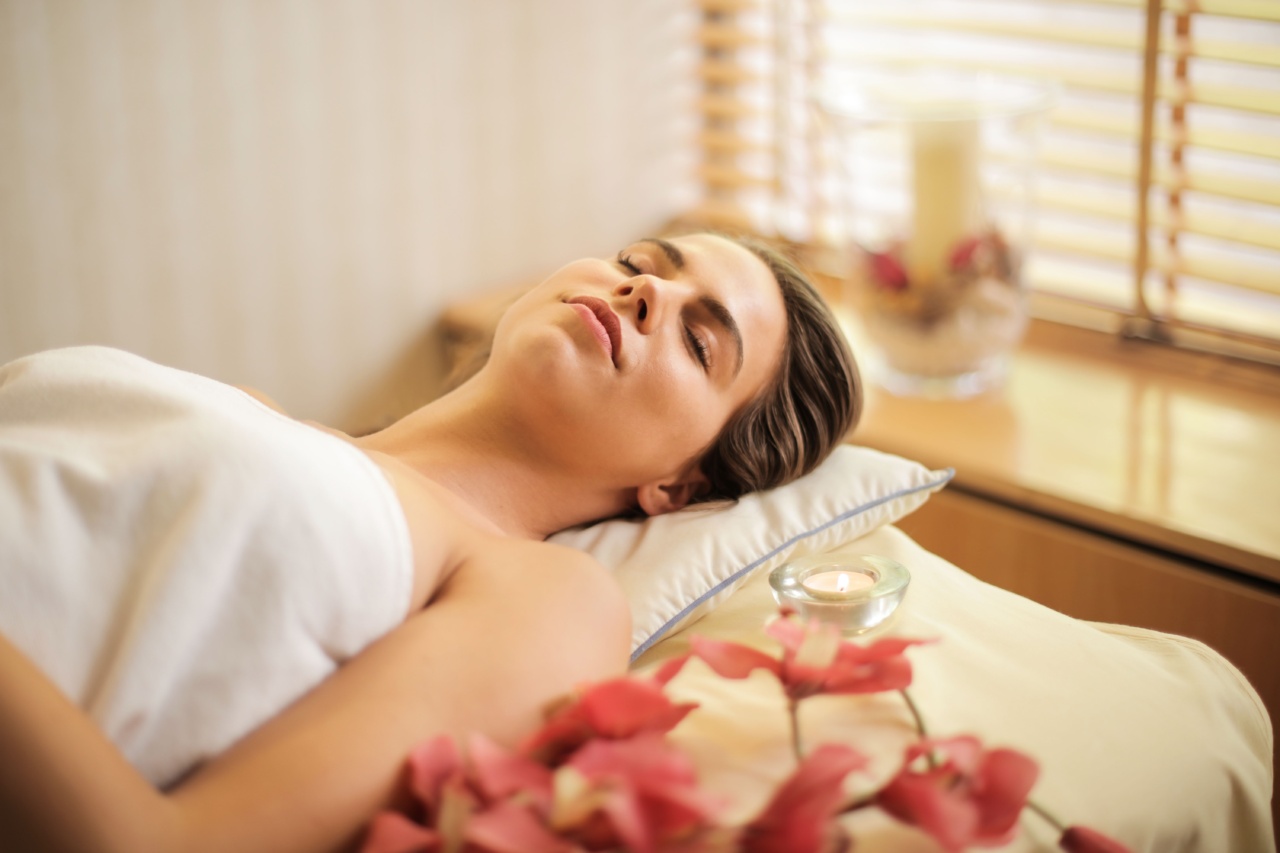Sleep cramps can be a real nightmare, quite literally. There you are, comfortably nestled in your bed, ready to drift off into dreamland when all of a sudden, a sharp and intense pain jolts you awake.
These involuntary muscle contractions, also known as nocturnal leg cramps or sleep cramps, can be extremely disruptive to one’s sleep and overall quality of life.
The good news is that there are several effective treatments available to alleviate sleeping cramps and promote a restful night’s sleep.
In this article, we will explore three such treatments that have been proven to bring relief to individuals suffering from sleep cramps.
1. Stretching and Exercise
One of the most effective ways to prevent and relieve sleep cramps is through regular stretching and exercise. Engaging in gentle stretching exercises before bed can help relax your muscles and reduce the likelihood of cramping during sleep.
Here are a few simple stretching exercises that can provide relief:.
a) Toe Stretch
– Sit on the edge of your bed or a chair with your legs extended in front of you.
– Reach forward and grab your toes with your hand, gently pulling them towards you.
– Hold this stretch for 30 seconds and repeat on the other side.
b) Calf Stretch
– Stand facing a wall, approximately an arm’s length away.
– Place your hands on the wall and step one foot forward, keeping the other foot back with the heel flat on the ground.
– Lean forward, slowly bringing your hips closer to the wall, and feel the stretch in your calf muscle.
– Hold for 30 seconds and switch legs.
c) Hamstring Stretch
– Sit on the edge of your bed or a chair with one leg extended in front of you and the other foot flat on the floor.
– Lean forward, reaching towards your extended foot, keeping your back straight.
– Hold the stretch for 30 seconds and repeat on the other leg.
In addition to stretching, engaging in regular exercise can also help prevent sleep cramps. Low-impact activities such as walking, swimming, and cycling can improve muscle flexibility and strength, reducing the occurrence of cramps during sleep.
However, it’s important to avoid intense exercise close to bedtime, as it may have the opposite effect and make sleep cramps more likely.
2. Hydration and Electrolyte Balance
Dehydration and electrolyte imbalances are common culprits behind sleep cramps. When your body lacks sufficient water and electrolytes such as potassium, calcium, and magnesium, your muscles are more prone to cramping.
Ensuring proper hydration and a balanced intake of electrolytes can significantly reduce the frequency and intensity of sleep cramps.
Here are a few tips to keep your hydration and electrolyte balance in check:.
a) Drink Plenty of Water
– Aim to consume at least 8 glasses of water throughout the day.
– Carry a refillable water bottle with you wherever you go to ensure easy access to hydration.
– Avoid excessive consumption of caffeine and alcohol, as they can contribute to dehydration.
b) Eat Foods Rich in Electrolytes
– Include potassium-rich foods like bananas, avocados, spinach, and oranges in your diet.
– Consume calcium sources such as milk, yogurt, cheese, and leafy green vegetables.
– Incorporate magnesium-rich foods like nuts, seeds, whole grains, and dark chocolate into your meals.
c) Consider Electrolyte Supplements
– If you struggle to meet your electrolyte needs through food alone, talk to your doctor about incorporating supplements into your routine.
– However, it’s important to consult a healthcare professional before starting any new supplements to ensure they are suitable for you.
3. Warm Compresses and Massage
When the discomfort of a sleep cramp strikes, applying warmth to the affected area can provide quick relief. Using a warm compress or heating pad can help relax the tight muscles, easing the cramp and promoting relaxation for better sleep.
In addition to warm compresses, gentle massage can also be beneficial in relieving sleep cramps. Using your hands or seeking assistance from a partner, gently massage the affected muscle in circular motions, gradually increasing the pressure.
This can help reduce muscle tension and alleviate cramping.
It’s important to note that if you experience frequent or severe sleep cramps despite trying these treatments, it is advisable to consult a healthcare professional.
They can evaluate your symptoms, rule out any underlying medical conditions, and provide personalized recommendations for effective relief.
Conclusion
Sleep cramps can be a distressing and uncomfortable experience, but they don’t have to prevent you from getting a good night’s sleep.
By incorporating stretching and exercise into your routine, maintaining proper hydration and electrolyte balance, and utilizing warm compresses and massage, you can significantly reduce the occurrence and severity of sleep cramps. Remember, if your sleep cramps persist or worsen, seeking medical advice is always a wise decision.































